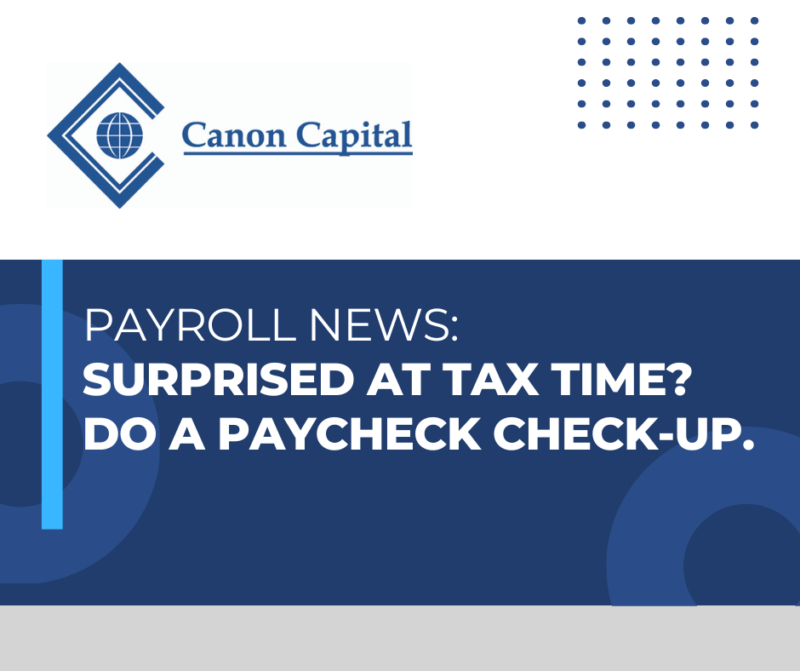In an effort to support our environment, provide our customers with a cost-effective, easy way to dispose of their unused computer equipment and comply with local equipment disposal laws, we are announcing a new computer equipment recycling program. Here’s how it works:
At your request, we will recycle your used computer equipment for you. Computers will have their hard drives rendered inoperable (so that there is no possibility of anyone extracting data from them). We will then transport your equipment to a certified computer equipment recycling center for proper disposal.
To encourage as much participation in this program as possible, we are keeping the fee for this service to a minimum. To have your computers recycled, simply:
- Complete the form below, indicating the quantity of each item to be recycled
- Drop your equipment off at our office (along with this form), or give your equipment to one of our staff persons when they are at your office for another engagement
- We will send you an invoice for the service fee






